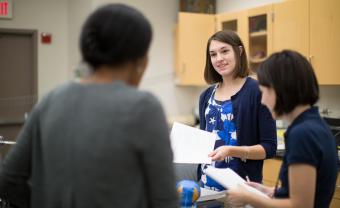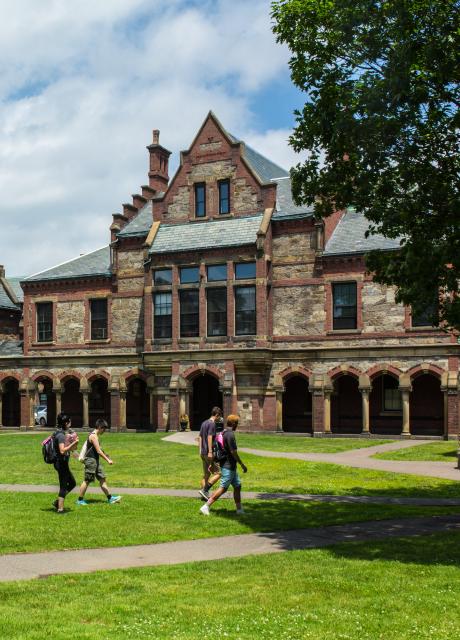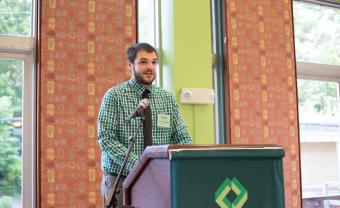Becoming a teacher starts with a bachelor's degree.
You’ve always known you wanted to be a teacher. Now it’s time to start thinking about applying for college and choosing an education major.
First, you’ll need to enroll in a state-approved bachelor’s degree program leading to initial teacher licensure from a regionally-accredited institution. But since you have lots of choices, you may be wondering how to pick the right one. Here are the questions we recommend you ask.
1. Does the school have a strong reputation for preparing teachers?
In 2017, Radius Global Market Research surveyed 200 Massachusetts principals and other hiring decision-makers on the qualities they value most in new teachers. The majority indicated that the number one quality was that the teachers had graduated from a school with a “longstanding tradition of preparing experts in education.”
2. Which education majors are offered at the school?
The Massachusetts Department of Elementary and Secondary Education (DESE) issues teaching licenses for set grades and subjects. Each state-approved teacher preparation program leads to a specific license. Make sure the colleges and universities you’re looking at offer a program that will help you become the kind of teacher you want to be.
3. Do I have to double major?
Some schools require that students majoring in education also complete a second major. For example, if you’re planning to teach history to adolescents, you might have to major in middle school or high school education, and in history.




